By Rachel Dahl
The Lovelock City Council met Tuesday, June 3, covering a packed agenda that included a bond allocation for rural housing, a proposed ordinance to prohibit smoking in city parks, and heard concerns about an affordable housing project. In attendance were Mayor Rodney Wilcox and Council members Kirsten Hertz, and Bonnie Skoglie. Absent was Jordan McKinney
Council members voted to cancel their July 1 meeting and will hold only one regular meeting in July, on Tuesday, July 15.
The council also introduced two ordinances: one that would move regular meetings to 5:30 p.m. on the first and third Wednesdays of each month and another that would amend the municipal code to prohibit smoking and tobacco use in city parks. Both proposals will move to a future hearing.
Representatives from the Nevada Rural Housing Authority presented a request to transfer Lovelock’s remaining allocation of the 2025 tax-exempt private activity bond cap. The bonds would support first-time homebuyer loans and affordable single-family housing across rural Nevada. Council members expressed general support, noting the transfer is routine and doesn’t affect the city’s own bonding capacity.
During public comments, LeeAnn Gallagher voiced strong opposition to a proposed 22-unit affordable housing development backed by Nevada Rural Housing, raising concerns about changing project details, the potential tax impact, and neighborhood character. “Another worry I’ve heard in support of this proposal is how many kids receive free and reduced hot lunch. If you think it through, that number will only increase as we saddle our community with more low-income folks.” She restated the question she asked at the Planning Board whether council members would approve such a project near their own homes. “Would you like this low-income housing next to your property or your business.”
Later in the meeting, city staff and council members discussed recent vandalism at the park, summer cleanup efforts, and ideas for recognizing residents who maintain their properties. There was also discussion for developing a local housing coalition to better understand ownership patterns and availability.
City staff reported on progress repairing the sewer system, broken sprinklers, and removing abandoned vehicles. A new nuisance ordinance is also in the works to help speed up enforcement for problem properties.

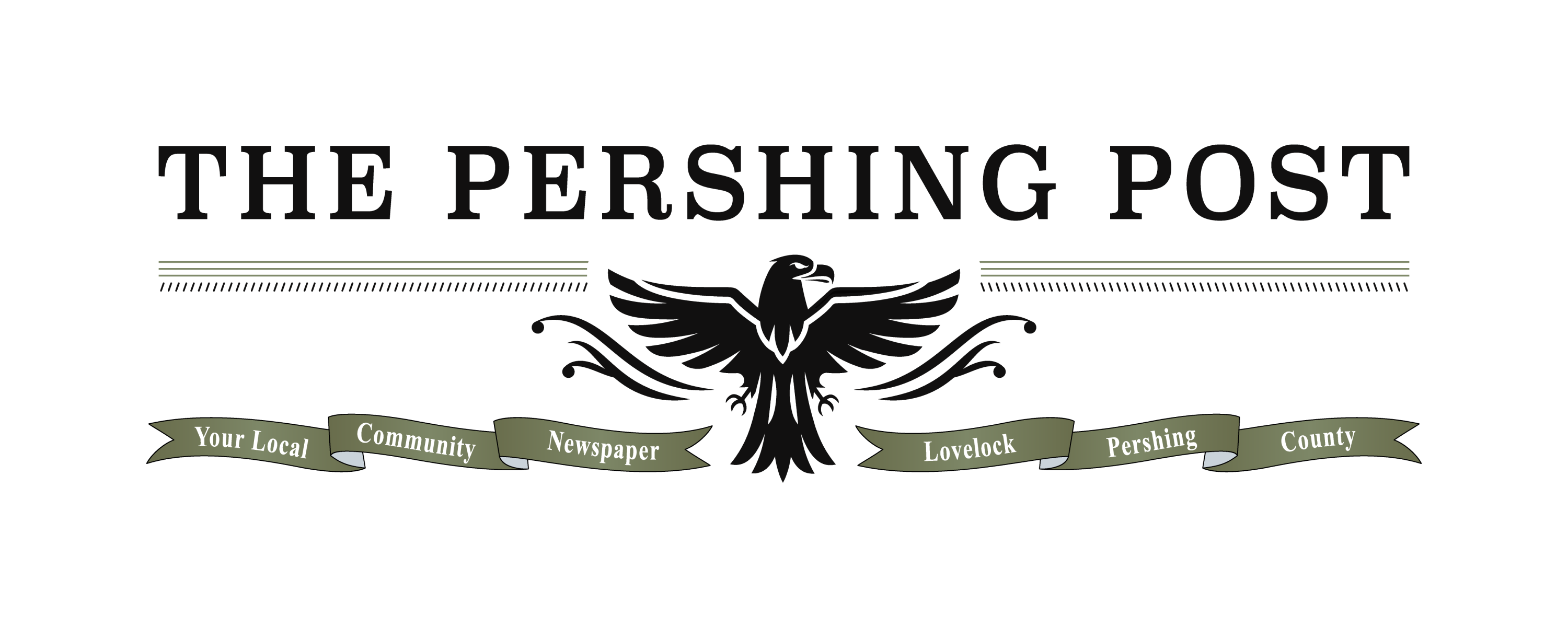



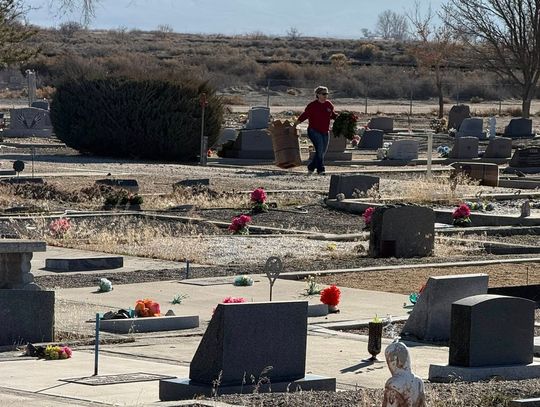
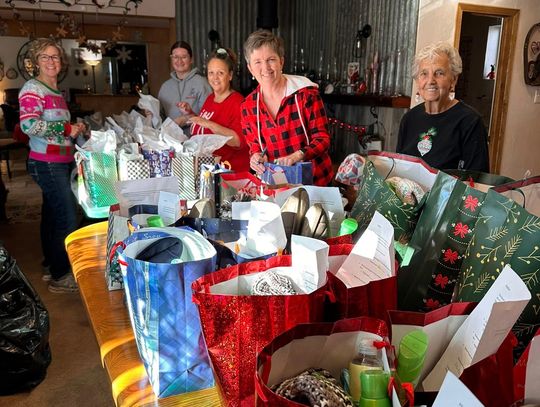
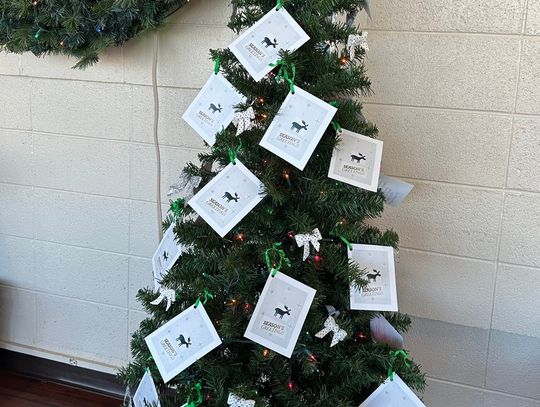
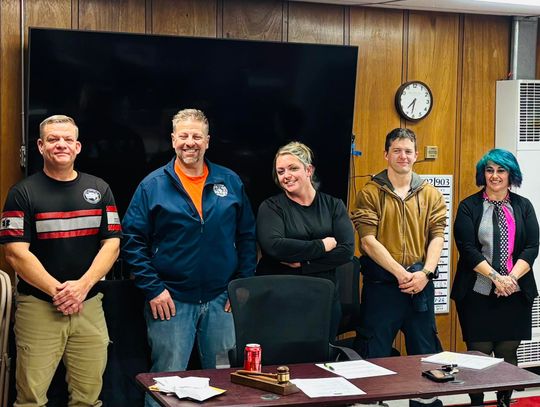
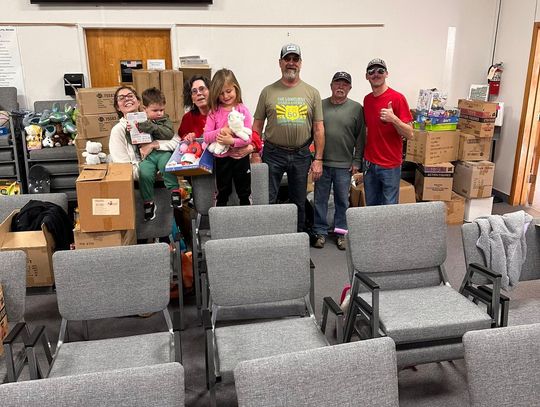
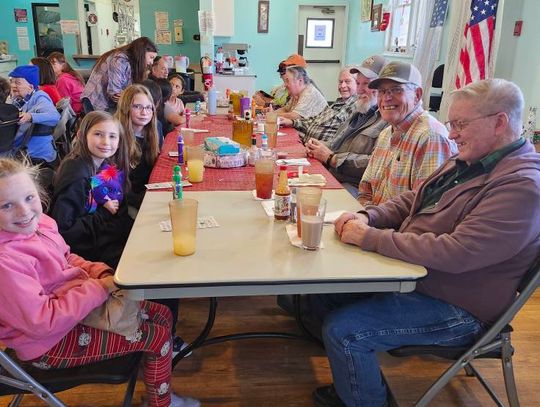
Comment
Comments